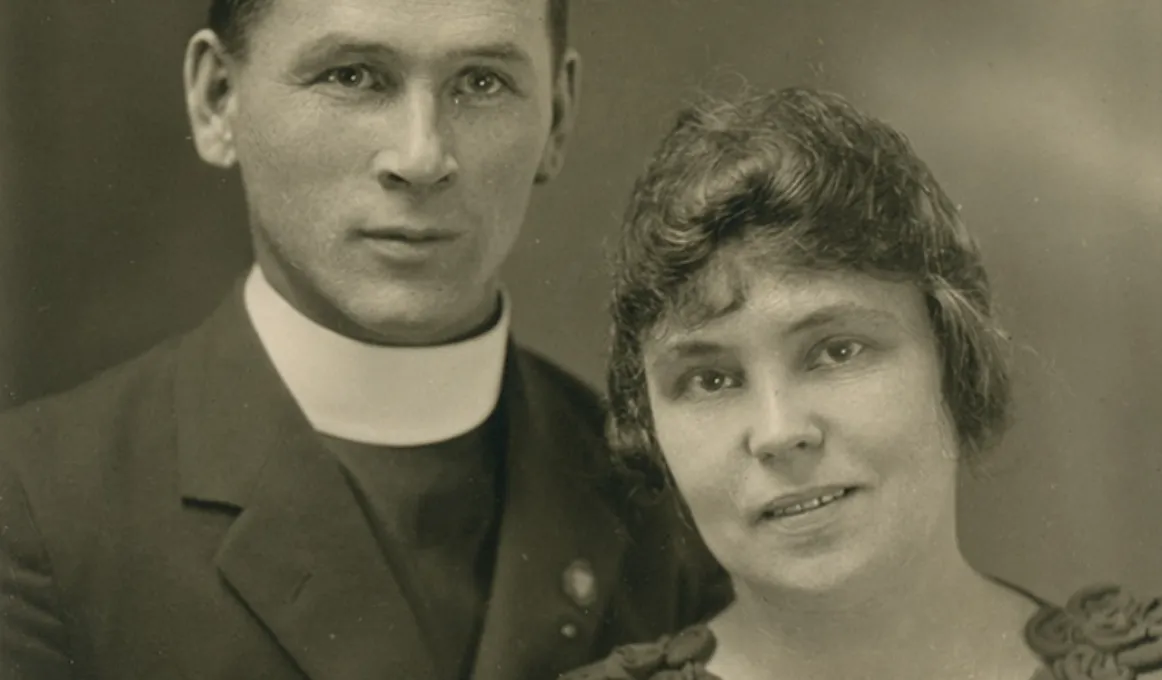Marion Leane Smith: war nurse and First Nations trailblazer

More than 1000 Aboriginal and Torres Strait Islanders served during the First World War, despite initial bans on enlistment. However, only one Indigenous woman is recorded as having served during WWI.
At 11 am on 11 November 1918, the First World War finally ended after four devastating years. Over than a century later, the anniversary of the armistice is commemorated as Remembrance Day – when we pause at the moment the guns fell silent to remember all those who have served in conflict, often at the cost of their lives.
More than 1000 Aboriginal and Torres Strait Islanders served during the First World War, despite initial bans on enlistment. However, only one Indigenous woman is recorded as having served during WWI.
Darug woman Marion Leane Smith was born in Liverpool, New South Wales in 1891. As a toddler, she moved with her parents to Canada, where she grew up. As a young woman she trained as a nurse in Massachusetts, USA, before joining a nursing order in Montreal.
At the time Marion was training to become a nurse in Canada, Aboriginal women in Australia were given few opportunities to qualify as nurses.
When war broke out, Marion enlisted in Queen Alexandra's Royal Army Nursing Corps (known as the QAs), the nursing branch of the British Army Medical Services. Initially, Marion was sent to France and placed with the No 41 Ambulance Train, which transported injured troops from the front lines. Later, she went to Italy with the Italian Expeditionary Force and then worked as a nurse at the University War Hospital in Southampton, UK.
Aboriginal and Torres Strait Islander men and women have served in every military action since Australia’s federation. Learn the stories of a few more First Nations veterans, including:
- Larrakia woman Dolly Gurinyi Batcho, who served in the Australian Women’s Army Service (AWAS) during the Second World War.
- Brave Ngarrindjeri man Roland Carter, who was held in a German prisoner of war camp during WWI.
- The first Indigenous commissioned officer in the Australian Army, Gunditjmara man and WWII veteran Reg Saunders.